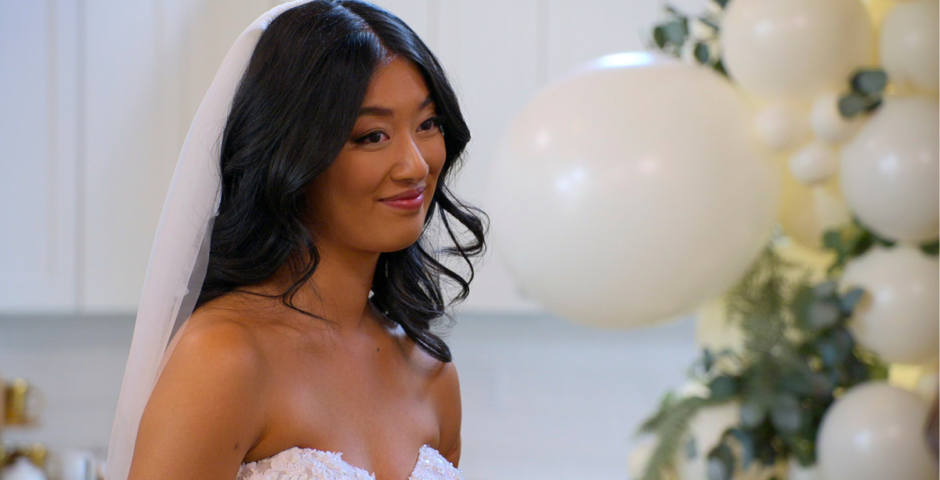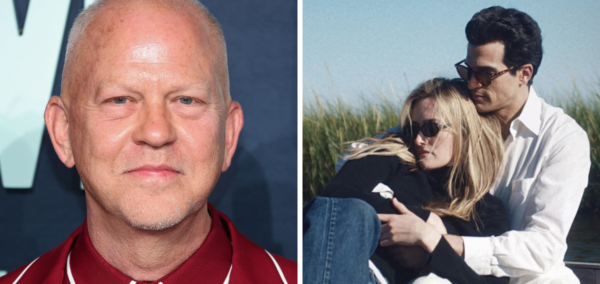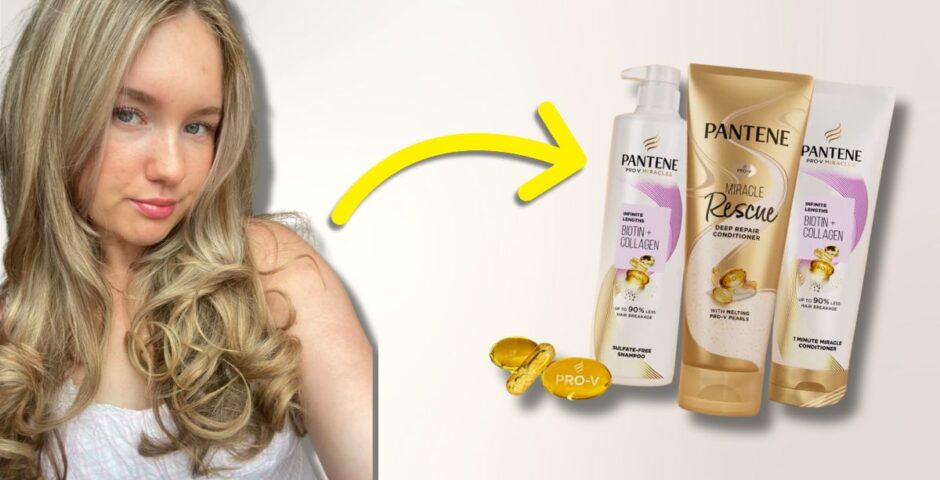
Right, a hair expert has revealed what supermarket shampoos to avoid and now I’m spiralling
It seems we need to let go of our beloved big brands…
Hair care is all in right now: Long, thick hair is the goal for practically every girl. We’ve seen rosemary oil pop up on our TikTok daily, spent our money on scalp massagers, and even considered visiting those luxury head spas.
But let’s be real, until we become millionaires we can’t be affording every trend on the market. Supermarket products have to suffice, and they aren’t all too bad. That’s why we all need an expert opinion on which supermarket shampoos to readily avoid. Lucky for you, we’ve got just the expert. The Tab spoke to Nikki Goddard, a hairstylist of 15 years and Head of Innovation at The Right Hairstyles.
Nikki told The Tab what to reach for on the aisles and what avoid at all costs.

What supermarket shampoo and conditioner brands would you avoid?
There seems to be a never-ending isle of shampoos and conditioners, all from different brands, advertising different things for your hair, such as “luscious length” “repair and restore” or “colour protect”. They really sell themselves, but Nikki Goddard warns there are certain brands to stay clear of. She warned to avoid shampoos which “use harsh sulfates, tons of synthetic fragrance, and frequently added salt for stabilisation, all of which can irritate the scalp and make hair brittle.”
This has to be a shock for some of us, realising that some of the biggest hair brands are actually worsening our hair health. And some of these brands aren’t too good with conditioner either…
Nikki adds: “Conditioner-wise, I avoid silicone-strong mass formulas like Tresemme Moisture Rich, Pantene Repair & Protect conditioners, and older formulas that still use DMDM hydantoin or similar preservatives.
“Seriously, when people love from ‘big brands’ to something less aggressive, their hair thanks them within weeks.”
Which shampoo ingredients do you generally recommend people avoid and why?
Nikki offers us some great advice on what ingredients to look out for: “I tell clients to read the bottle.
“Look for strong sulfates like sodium lauryl sulfate or sodium laureth sulfate, formaldehyde-releasing preservatives like DMDM hydantoin, MI or MCI, heavy “parfum” with many fragrance allergens, excessive amounts of sodium chloride, and large, long chains of silicones like dimethicone or amodimethicone.” (I might need to screenshot these).
Instead of these ingredients, Nikki opts for shampoos “with milder cleansers and softer fragrances.”
What misconceptions do people have about cheaper vs premium shampoos?
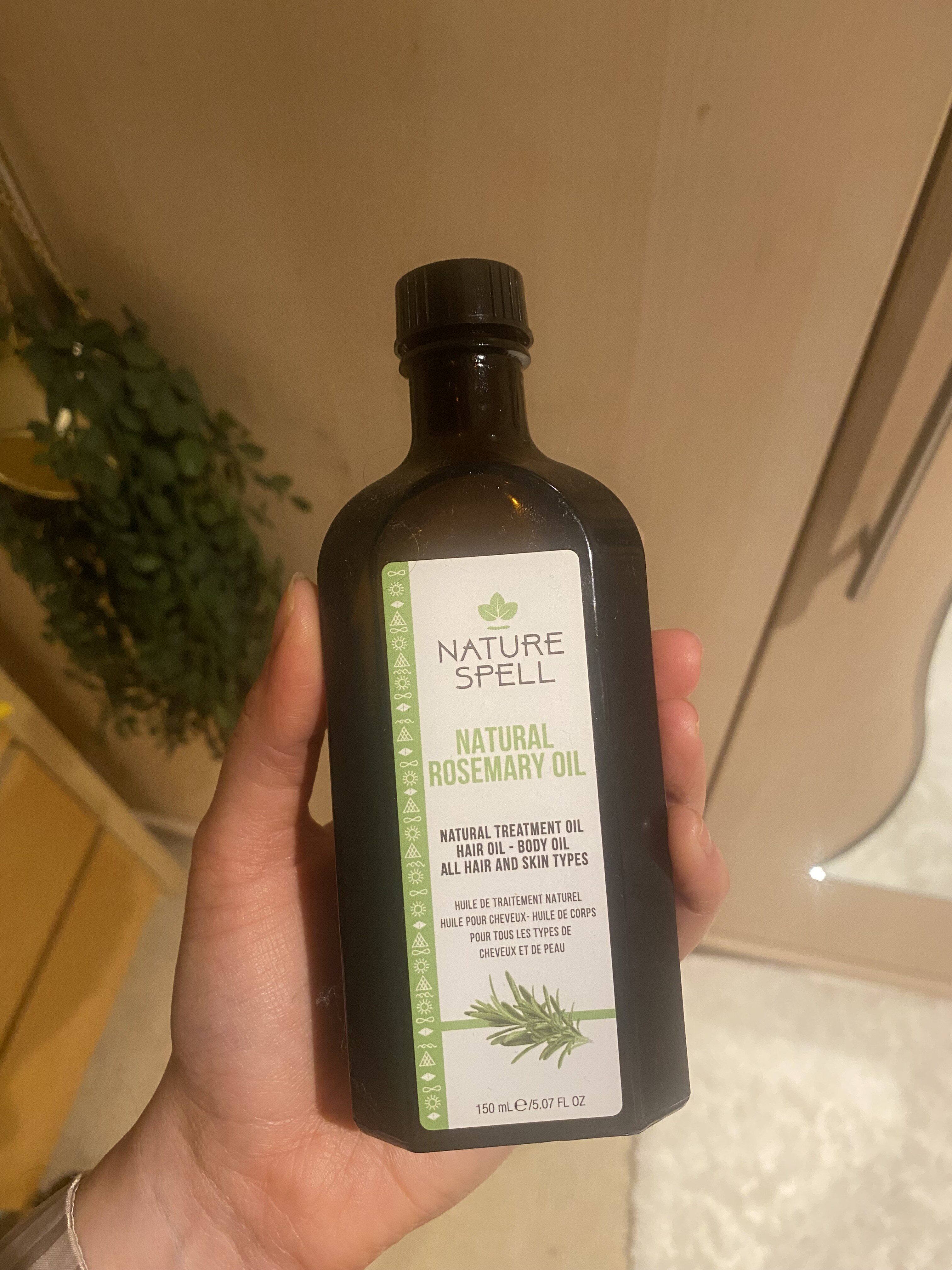
Nikki told The Tab that on average, quality shampoos are better. She said: “Essentially, those harsh detergent based shampoos strip every last ounce of oil so that hair feels squeaky tight. It feels clean, but, in reality, it’s dry, coarse, and overworked.
“Quality shampoos merely remove what they need to, leaving a little bit of slip, a little bit of softness. You won’t feel as ‘squeaky’ but your hair will be healthy.”
What hair types tend to struggle the most with generic supermarket shampoos?
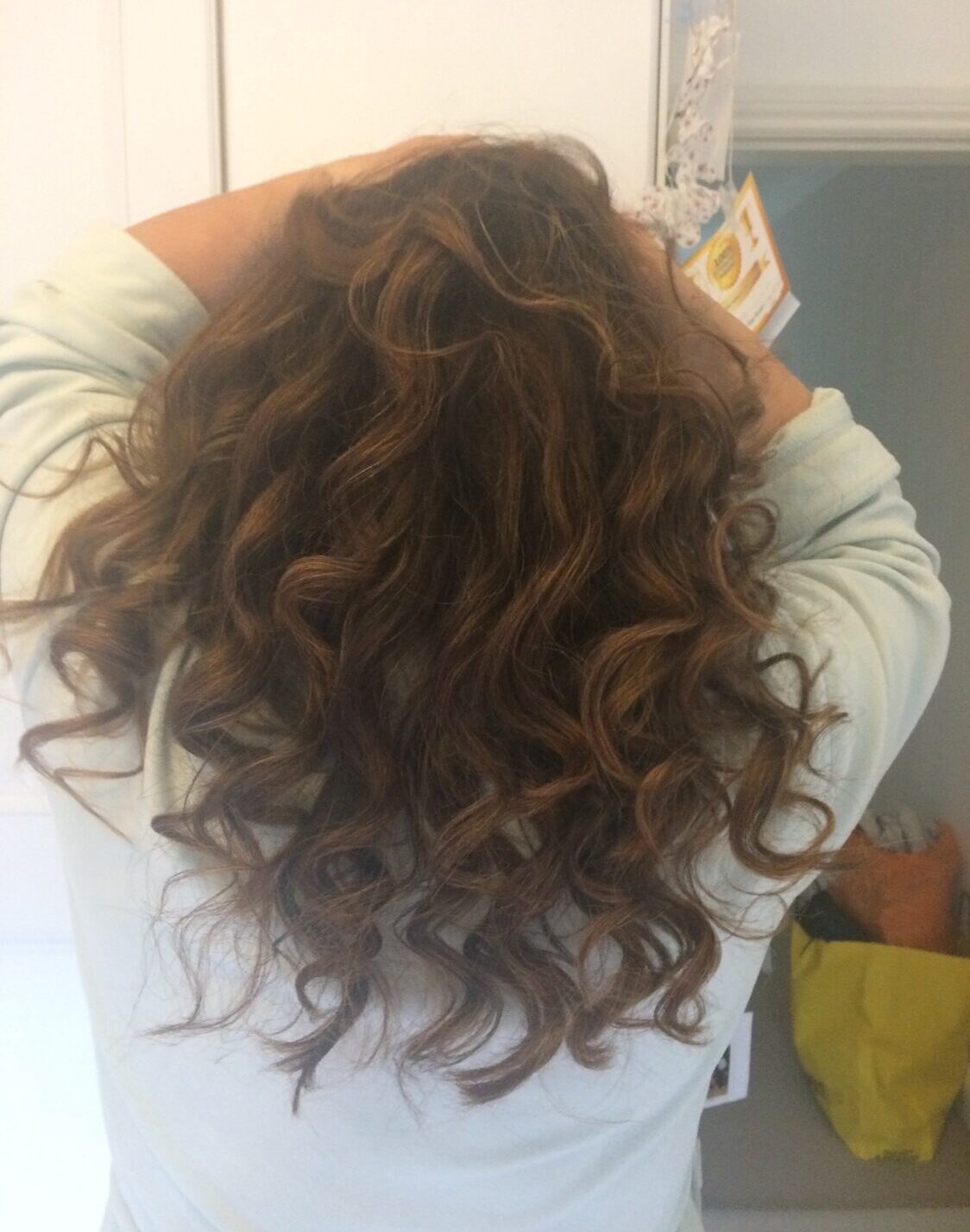
Obviously everyone’s hair is different, and there’s so many hair types. Sorry curly-haired girls, but you need to be extra careful.
Nikki warned that: “Generic shampoos are the worst for curly and coily hair. Strong sulfates and salt dry and strip the natural oils that keep curls soft and defined so hair becomes frizzy, lackluster and brittle. Curls only calm down when we transition to gentle, low sulfate or sulfate-free options.”
How do supermarket shampoos compare with salon shampoos in terms of concentration, performance, or long-term hair health?
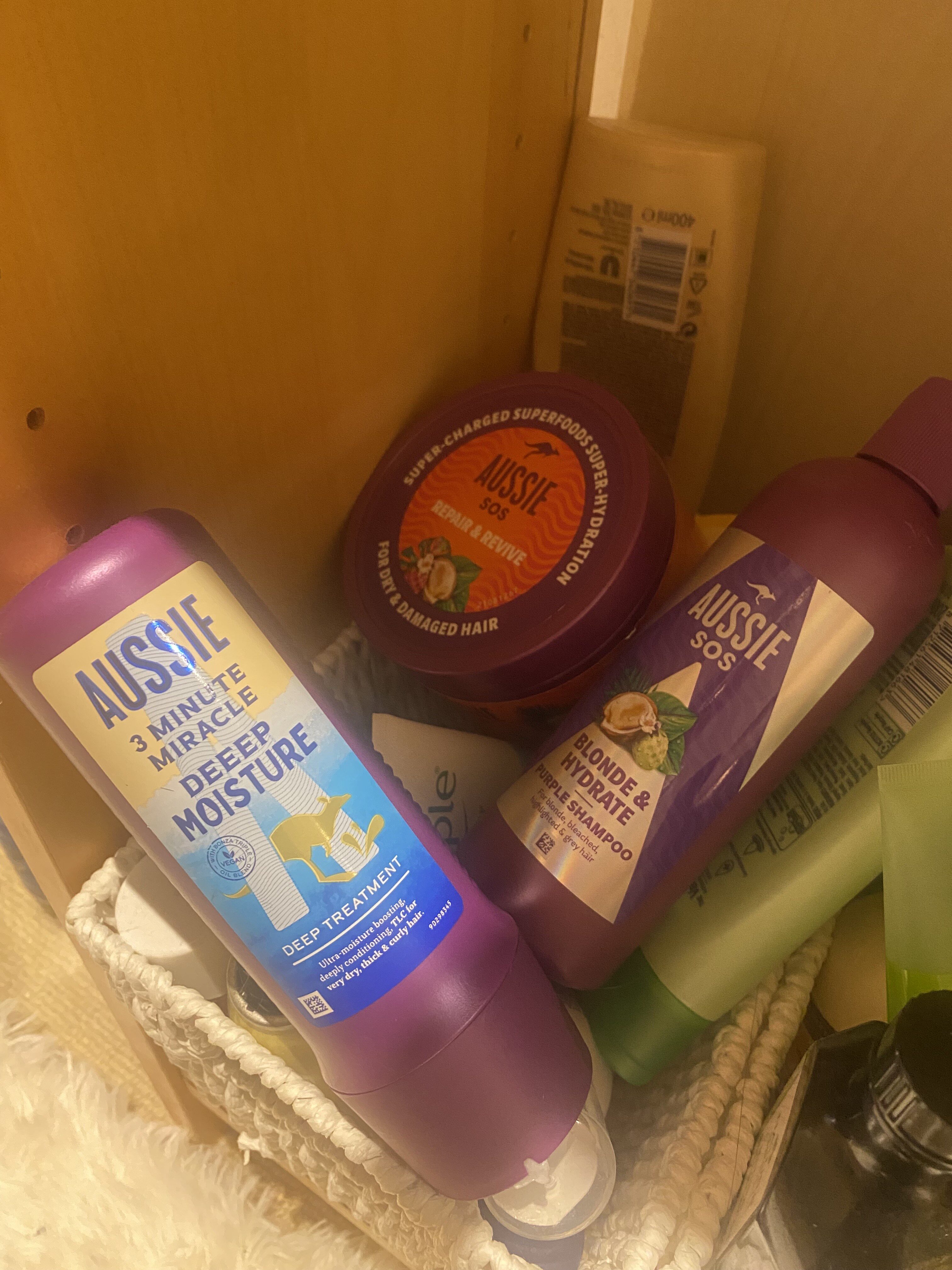
Nikki break down the difference between supermarket and salon shampoos in simple terms to The Tab, saying: “Salon shampoos are often more concentrated.
“Many of the salon lines use gentler surfactants and more specific conditioners. Many of the drugstore bottles rely on strong sulfates, salt and heavy silicones to create an instant result.
“That cheap ‘squeaky clean then coated’ feeling is nice in the moment, but ultimately dries and stresses hair over time. A good salon shampoo cleanses and protects colour. It helps to keep the cuticle down so strands break less and style better.”
So, what now?
Some of us might be sat reading this soon planning to wash our hair with our huge Tresemme bottles, and feeling annoyed we just purchased new ones.
Lucky for us, we now know what ingredients to look out for in the future when sweeping the supermarket shelves. If we want to treat ourselves, salon shampoos seem to be the way forward, but in the mean time I’ll stick with Nikki’s advice and avoid those harsh chemicals.
Featured image via YouTube


